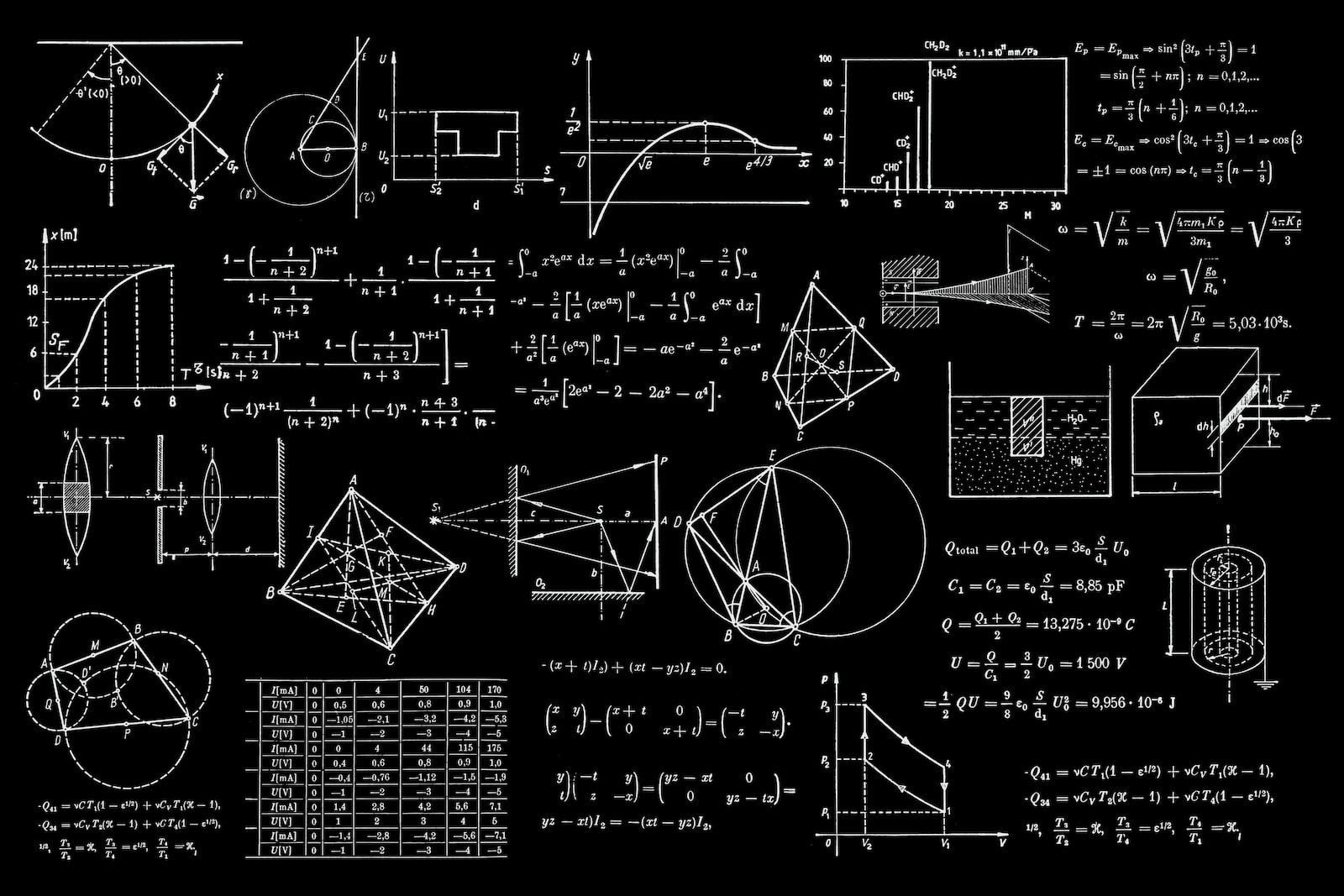
Quantum computing has made remarkable strides in recent years, but there are still significant challenges to overcome before this revolutionary technology can be applied to everyday problems. In this article, we will explore the main obstacles that must be addressed by quantum scientists and engineers.
What Makes Quantum Computing So Challenging?
Quantum computing operates on the principles of quantum mechanics, using quantum bits (qubits) instead of classical bits. Qubits possess unique properties that allow for parallel computation and the representation of multiple values simultaneously. This potential for speed and efficiency makes quantum computing highly attractive for certain tasks such as factorization and database searching.
However, quantum computing faces several challenges. One of the most significant obstacles is qubit decoherence. Qubits are extremely sensitive to their environment, and even the slightest disturbances can cause them to lose their quantum properties. Overcoming decoherence requires exploring new materials, computational techniques, and quantum approaches. Additionally, quantum algorithms are more complex than classical algorithms, demanding original thinking from developers.
The Remaining Quantum Computing Challenges
The complexity of quantum computing has presented several challenges for scientists, engineers, and entrepreneurs in the field. Let’s examine some of these hurdles:
1. Error Correction
Building practical quantum computers requires overcoming errors caused by noise and interactions with the environment. Developing reliable error correction techniques is crucial to ensure accurate computation.
2. Scalability
While quantum computers have shown promising performance in certain tasks, they are still relatively small compared to classical computers. Scaling up quantum computers to hundreds or thousands of qubits while maintaining coherence and low error rates remains a major challenge.
3. Hardware Development
High-quality quantum hardware, including qubits and control electronics, is essential for quantum computing’s advancement. Developing scalable and fault-tolerant qubit technologies is a significant focus of research.
4. Software Development
Quantum algorithms and software tools are still in their early stages. New programming languages, compilers, and optimization tools are needed to effectively utilize the power of quantum computers.
5. Classical Computers Interfaces
Quantum computers are not intended to replace classical computers but to complement them. Efficient and reliable methods for transferring data between classical and quantum systems are crucial for practical applications.
6. Standards and Protocols
As quantum computing matures, the establishment of standards and protocols for hardware, software, and communication interfaces becomes essential. These standards ensure compatibility and interoperability between different quantum computing platforms.
7. Trained Talent
The number of individuals adequately educated and trained to work in the quantum field is limited. In order to increase the quantum workforce, practical quantum computers need to be more widely available, and motivated individuals need to be encouraged to join the field.
8. Overall Expense
Quantum computing is an expensive endeavor. The costs of quantum talent, hardware, and supply chains pose significant challenges to its development. Overcoming these expenses and finding investments to offset costs will be crucial for the future of quantum computing.
Challenging, But Not Impossible
Although the list of challenges may seem daunting, there are reasons for optimism. Funding agencies, including government entities, are investing in quantum computing research. Scientists and engineers are continuously making progress in addressing the engineering and scientific obstacles that stand in the way of practical quantum computers.
Ultimately, achieving breakthroughs in quantum computing will require a series of small advances, legislative victories, and commercial successes. It is through these collective efforts that the challenges of quantum computing will be overcome, paving the way for a new era of computing possibilities.
FAQs
Q: What is quantum computing?
A: Quantum computing is a revolutionary technology that utilizes quantum bits (qubits) to process and store data. It has the potential to significantly outperform classical computing for certain types of problems.
Q: What are the main challenges of quantum computing?
A: Some of the main challenges include qubit decoherence, error correction, scalability, hardware and software development, interfaces with classical computers, establishing standards and protocols, finding trained talent, and managing overall expenses.
Q: Is quantum computing feasible?
A: Despite the challenges, ongoing research, funding, and progress in the field indicate that quantum computing is an attainable goal. Scientists and engineers are working diligently to overcome obstacles and advance the development of practical quantum computers.
Conclusion
Quantum computing holds immense promise for transforming various industries and solving complex problems. However, several challenges must be addressed before its full potential can be realized. Through continued research, advancements in hardware and software, and collaboration across the quantum community, we are moving closer to unlocking the power of quantum computing. Let’s embrace the journey ahead and anticipate the societal transformations it will bring.
Instant Global News is committed to providing accurate, reliable, and insightful news on emerging trends and technologies.


